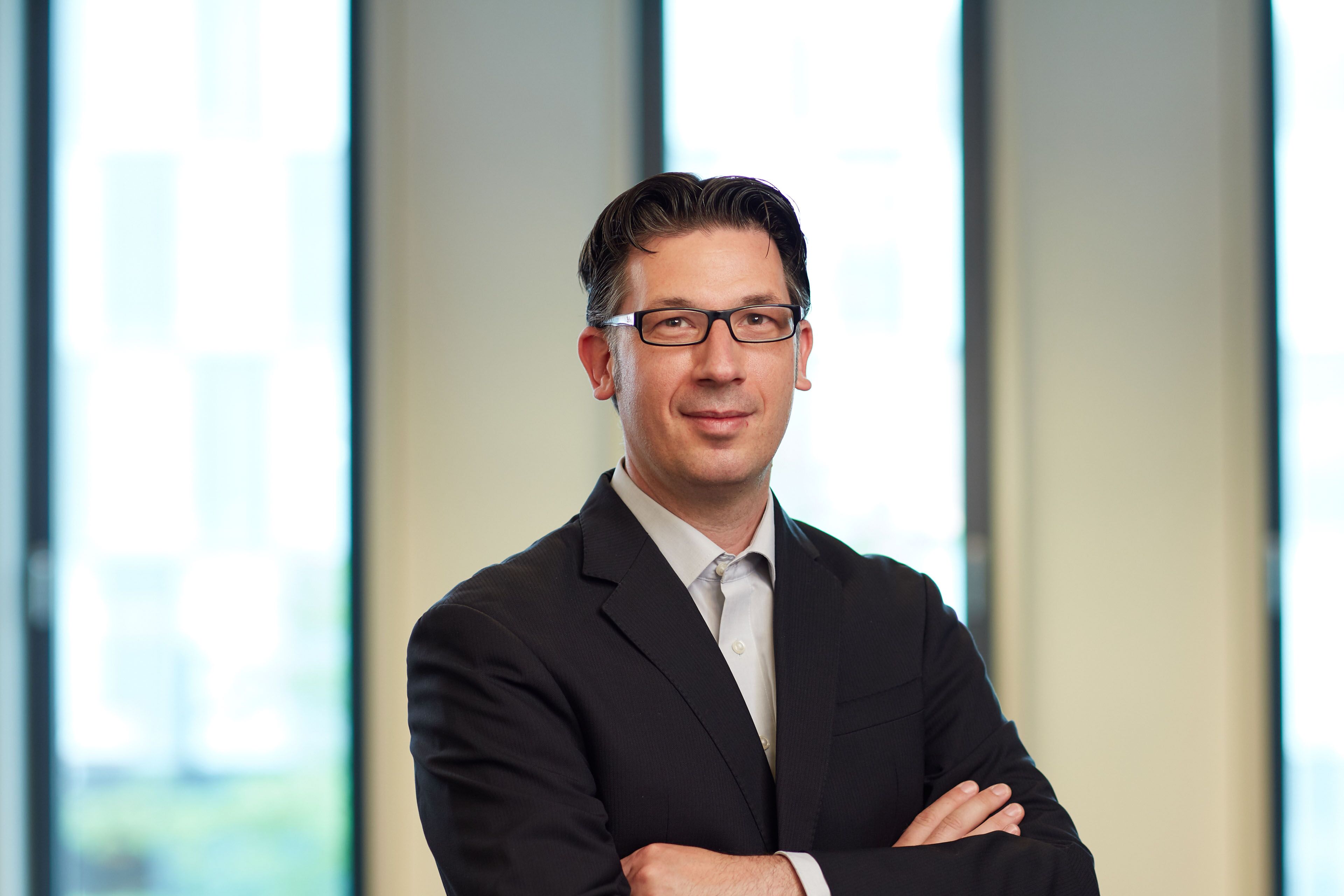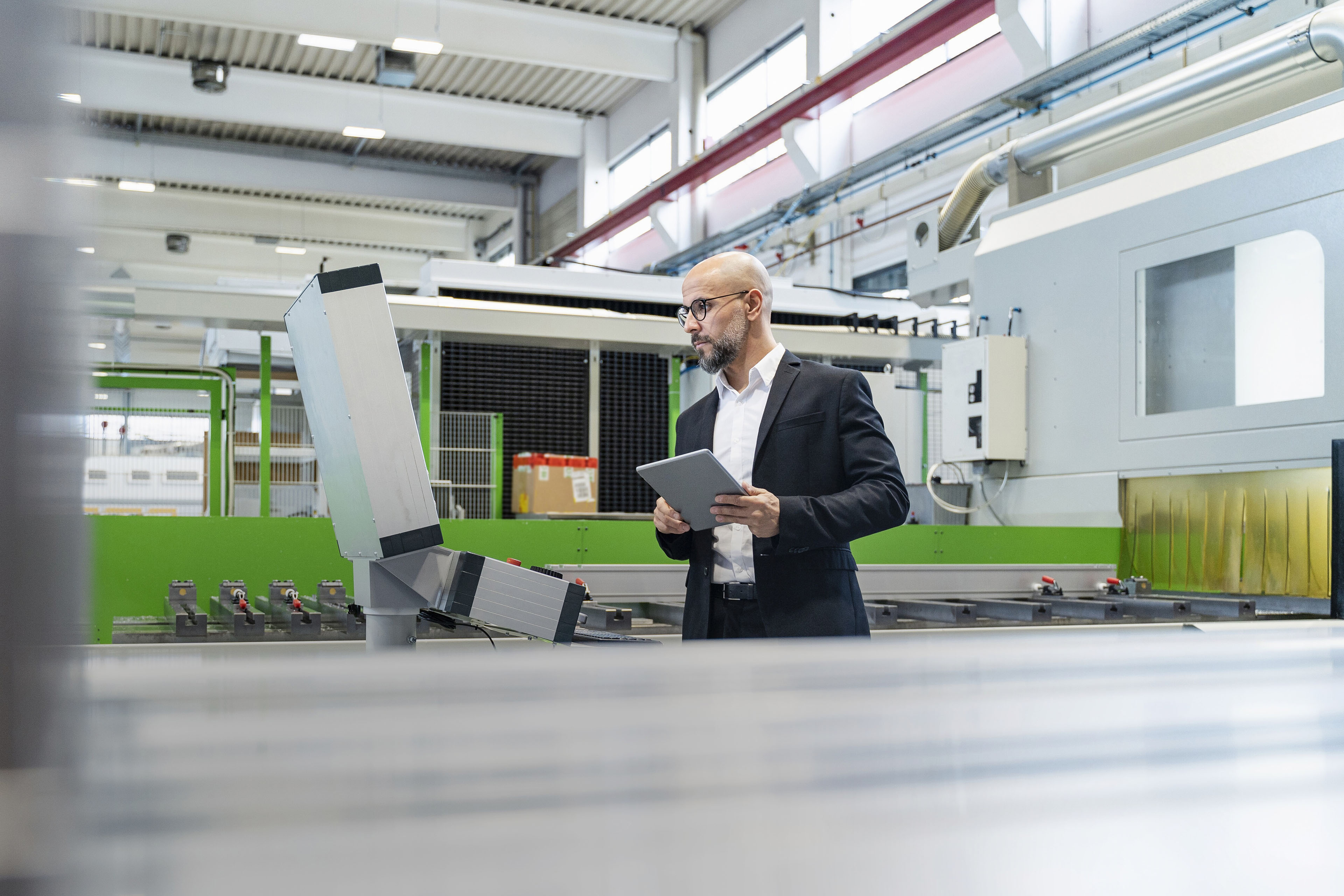EY refers to the global organization, and may refer to one or more, of the member firms of Ernst & Young Global Limited, each of which is a separate legal entity. Ernst & Young Global Limited, a UK company limited by guarantee, does not provide services to clients.
How EY can help
-
Discover how EY's Supply Chain Transformation solution can help your business move towards fully autonomous, connected supply chains that drive business growth.
Read more
The consumer stage is now followed by a new process that includes collecting, proofing and processing. The term “Re-X” includes a wide variety of steps:
- Recovery
- Reuse
- Repair
- Refurbish
- Remanufacture
- Repurpose
- Reduce
- Recycle
This answers the question of whether a product goes directly to the secondhand market, can be refurbished or has to be broken down into its components. Depending on the answer, the product or its components are returned to the supply chain at different points. Resolving this question creates a new business field that can be occupied by logistics service providers.
New opportunities and business fields for logistics
Since logistics is the engine of the circular economy, its business areas are changing or expanding — and potential new ones are being developed. This also applies to customer relationships and points of contact. Recirculation creates new markets, for example, for spare parts or pay-per-use models, with which new customer groups can be addressed. Logisticians can evolve from service providers to value-adding members of the supply chain.
As the circular economy reduces the demand for primary raw materials, there are significantly fewer global procurement transports, while products remain in demand. At the same time, the demand for local and regional transport is increasing, especially due to the circulation of goods. One product will become many different products, and all of them will need their condition-specific and thus individual logistics solutions; bundling concepts will also become important. Service providers must create sustainable offers that do not have a negative impact on the carbon footprint while also gaining social acceptance.
At the same time, new logistics-related business areas are emerging. For example, returned goods must be individually disassembled, processed or repaired, and returned to the secondhand market for further use as raw materials or spare parts. Logistics service providers are already in a central position and can take on these new tasks instead of merely transport and storage. Such value-added services also have higher margins than the traditional business. The automotive industry can serve as a role model. Services such as the pre-assembly of components have been established there for a long time.






